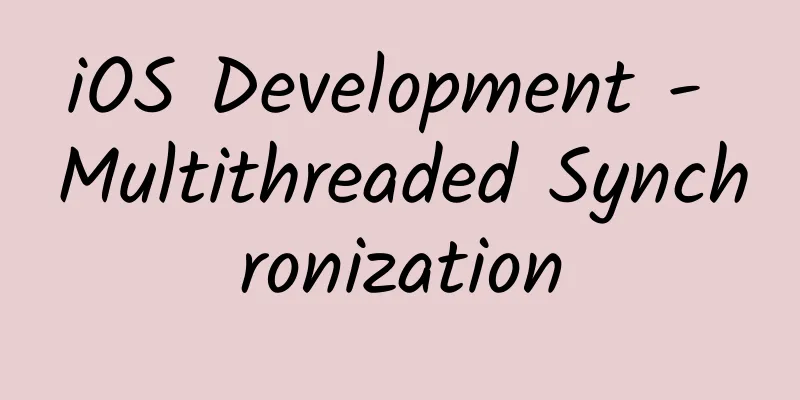Swift Tip: Use build configurations to support conditional compilation

|
In Objective-C, we often use preprocessor directives to help us execute different codes according to different platforms, so that our code supports different platforms, such as:
In Swift, since the support for C language is not as friendly as Objective-C (I don’t know how Swift 2 supports C yet), we cannot use preprocessing instructions as freely and comfortably as in Objective-C. However, Swift also provides its own way to support conditional compilation, using build configurations. Build configurations already include literals true and false, as well as two platform test functions os() and arch(). os() is used to test the system type. The parameters that can be passed in include OSX, iOS, and watchOS. So the above code can be changed to:
Note: In the WWDC 2014 session “Sharing code between iOS and OS X” (session 233), Elizabeth Reid refers to this approach as shimming. Unfortunately, os() can only detect the system type, but not the system version, so these tasks can only be handled at runtime. As for how to detect the system version, Mattt Thompson gave us the answer in his article Swift System Version Checking. Let's take a look at arch(). arch() is used to test the CPU architecture. The values that can be passed in include x86_64, arm, arm64, and i386. It should be noted that arch(arm) will not return true for ARM 64 devices. However, arch(i386) will return true when compiled on a 32-bit iOS simulator. If we want to customize some compilation configuration options used during debugging, we can use the -D flag to tell the compiler. The specific operation is to add the required configuration options in "Build Setting" -> "Swift Compiler-Custom Flags" -> "Other Swift Flags" -> "Debug". If we want to add commonly used DEGUB options, we can add "-D DEBUG" here. In this way, we can perform some different operations in the code for debug and release, such as
A simple conditional compilation statement looks like this:
Of course, statements can contain 0 or more valid Swift statements, which can include expressions, statements, and control flow statements. In addition, we can also use the && and || operators to combine multiple build configurations, and we can use the ! operator to negate the build configuration, as shown below:
It is important to note that in Swift, conditional compilation statements must be syntactically valid, because Swift will syntax check them even if the code will not be compiled. refer to Cross-platform Swift Shimming in Swift Swift System Version Checking Interacting with C APIs |
<<: New mobile page inspection tool: Mobile Checker
>>: Want to be an independent freelance developer? It’s always hard to get started
Recommend
How to design a community with high conversion rate?
The addiction model is a set of standardized mode...
What are the functions of the Guangzhou Designated Driver Mini Program? How much does it cost to make a designated driver app?
Nowadays, the country’s control over drunk drivin...
A Brief Analysis of Mobile APP Security and Compliance Testing Technology
1. Regulatory agencies and policies To ensure tha...
Taking stock of my bitter experience in DSP information flow delivery!
I was fortunate to participate in the promotion o...
8 facts about mobile internet advertising
In the past two years, mobile advertising has bro...
Tik Tok live broadcast promotion operation tips!
How to increase the popularity of Douyin live str...
Learn ballet from scratch and gain perfect posture and noble temperament
1. All-round and three-dimensional teaching: from...
Without these four skills, you are embarrassed to say that you are a product developer
The importance of design in the tech industry is ...
WeChat 7.0.20 beta version released, adding these three new features
Just today, WeChat launched the Android 7.0.20 be...
Nobel Prize Dinner Cancelled Will the 2020 Nobel Prize Ceremony be Cancelled?
Nobel Prize dinner cancelled According to the CCT...
How to make https certificate and HTTPS?
1. Why must we upgrade to HTTPS? The HTTP protoco...
A brief talk about short video production, marketing and monetization!
Let me first tell you about my results so that yo...
How to please programmers?
As an operations staff, if my boss told me to go ...
W3C Report: Current Status and Development Roadmap of Mobile Web Application Standards (May 2015 Edition)
On June 3, 2015, W3C released a technical report ...









